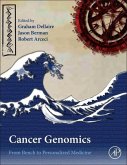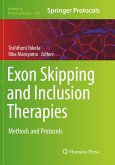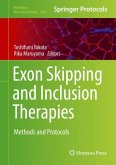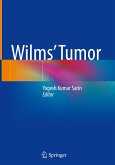This volume provides a thorough overview of the Wilms' Tumour Gene (WT1). The book begins with three review chapters that cover the involvement of WT1 in pediatric cancer, kidney disease, and tissue development and homeostasis. The next few chapters discuss cell marking and lineage tracing, epicardial cell methodology, colony forming assays for bone marrow stem cells, angiogenesis assays and zebrafish tools. The next group of chapters explores the latest tools in genomics, molecular biology, and biochemistry. They discuss dissecting transcription factor function in cell free systems, ChiP seq, proteomics, RNA interactome, and multiphoton imaging of lipids, measuring the binding constants of protein-nucleic acid interactions, and bioinformatics approaches for analyzing Next Generation Sequence data. The final chapter discusses protocols for clinical trials for immune therapy using anti-WT1 peptides. Written in the highly successful Methods in Molecular Biology series format, chapters include introductions to their respective topics, lists of the necessary materials and reagents, step-by-step, readily reproducible laboratory protocols, and tips on troubleshooting and avoiding known pitfalls.
Practical and thorough, The Wilms' Tumour (WT1) Gene: Methods and Protocols is a valuable resource for anyone who is interested in the diverse methodologies used in WT1 research.
Practical and thorough, The Wilms' Tumour (WT1) Gene: Methods and Protocols is a valuable resource for anyone who is interested in the diverse methodologies used in WT1 research.








